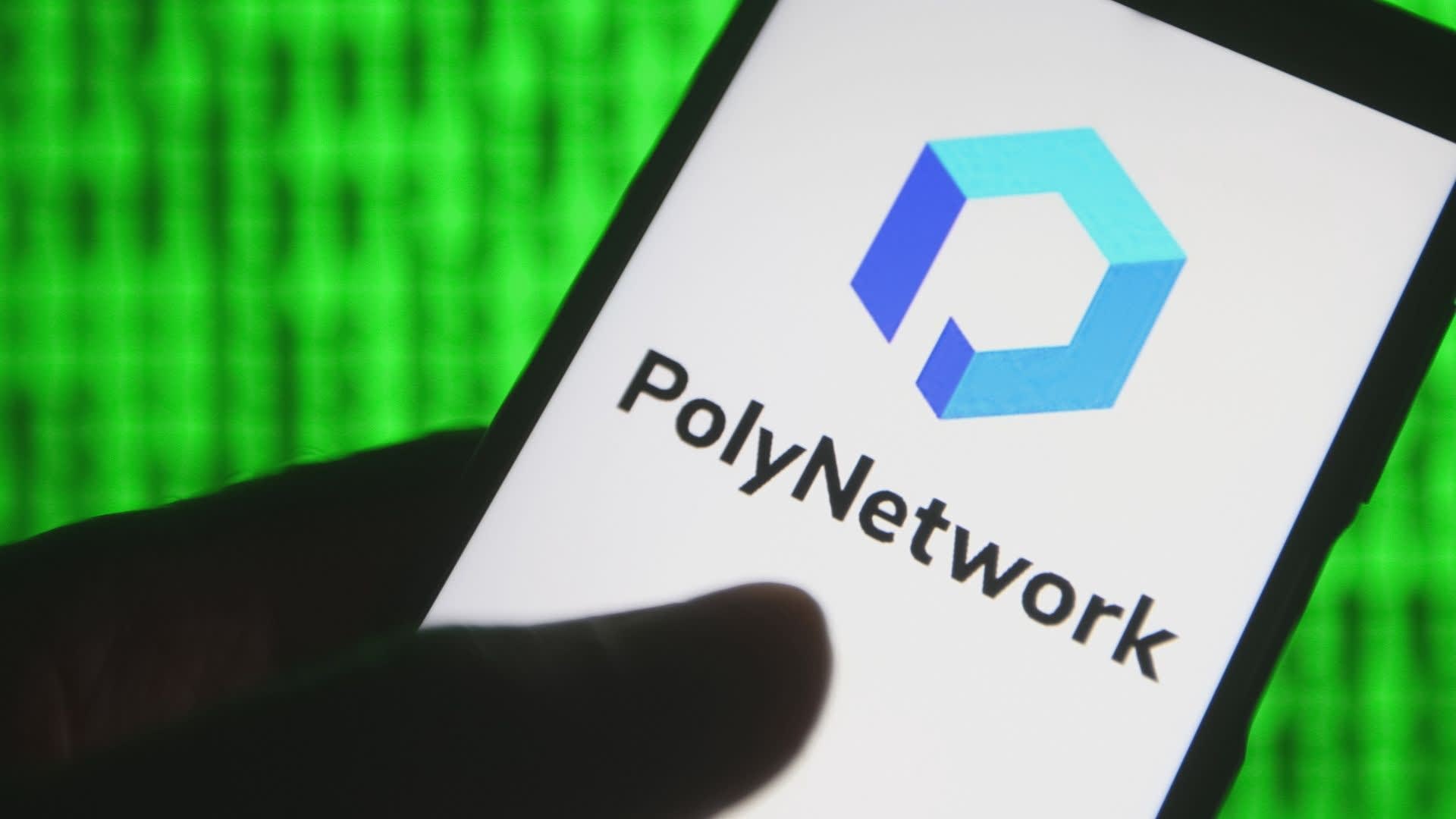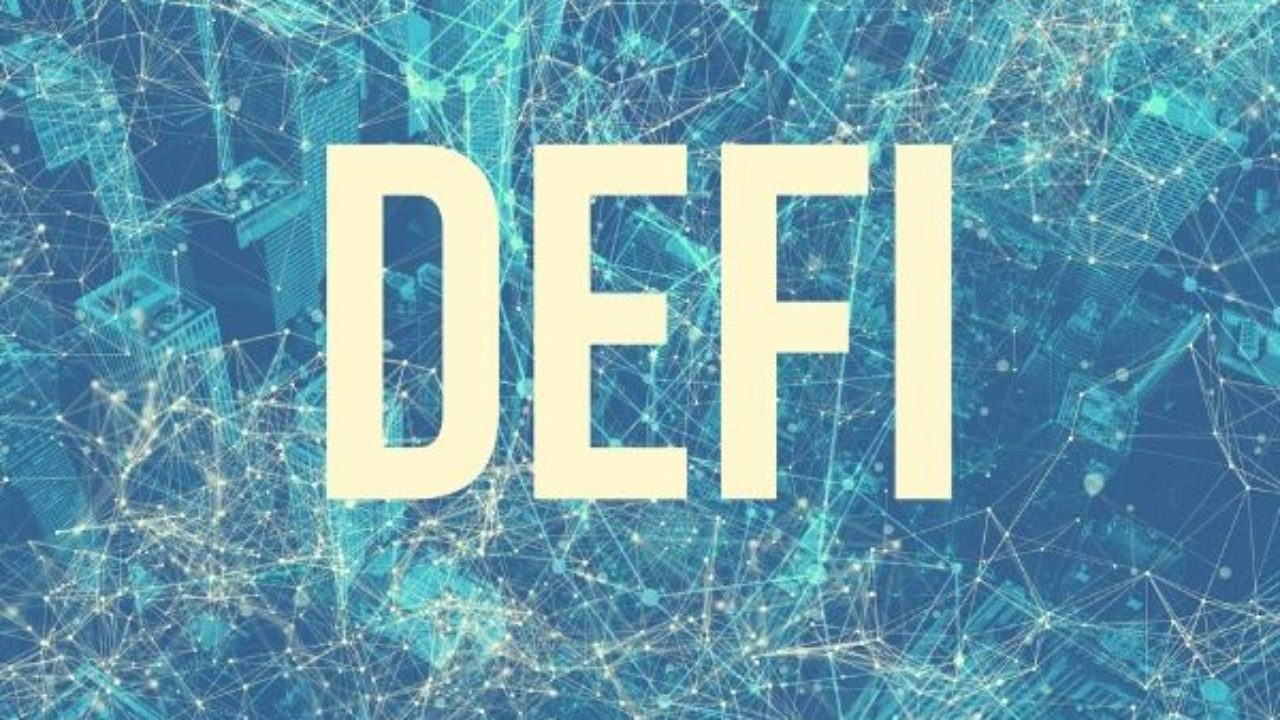In the fast-evolving world of decentralized finance, more commonly known as DeFi, innovation and creativity thrive. DeFi crypto, short for decentralized finance cryptocurrency, has witnessed an unprecedented surge in popularity, with a plethora of DeFi apps and platforms entering the market. This emerging industry promises users a decentralized, open, and trustless financial ecosystem. However, as DeFi investment gains momentum, it also faces heightened security risks, exemplified by the recent Poly Network Hackers where stole over $600 million through a cunning exploit.
The Rise of DeFi Platforms
DeFi platforms have been at the forefront of revolutionizing the traditional financial sector, offering alternatives to conventional banking and financial services. These platforms provide a decentralized ecosystem for individuals to trade, invest, and interact without the need for intermediaries. The allure of DeFi crypto currency lies in its potential to bring financial inclusivity to the masses. As a result, DeFi has gained significant traction, and the market is flooded with various DeFi apps, each offering unique features.
The Poly Network Exploit
However, the DeFi landscape is not without its vulnerabilities. The recent heist from Poly Network serves as a stark reminder that security is of paramount importance in the DeFi space. Poly Network, one of the top DeFi platforms, fell victim to a sophisticated attack in which hackers exploited a vulnerability to steal a staggering $600 million worth of assets.
Poly Network, a multi-chain DeFi crypto app, connects various blockchains, allowing users to swap assets across different networks. This unique feature had earned it a reputation as one of the top DeFi platforms in the industry. It offered a bridge between disparate blockchains, fostering interoperability and fostering a more connected DeFi ecosystem. The platform was also highly anticipated as it played host to numerous upcoming DeFi projects, further enhancing its status in the DeFi investment community.
The Hack: An Ingenious Exploit
The exploit that the hackers used to infiltrate Poly Network was nothing short of ingenious. They found a weakness in the platform’s smart contract code, a vulnerability that allowed them to manipulate the code and drain funds from multiple blockchains. In doing so, they highlighted a critical weakness within the DeFi crypto ecosystem that demands immediate attention.
The Stolen Funds
The stolen funds comprised a diverse range of assets, including various cryptocurrencies and tokens. The hackers initially pilfered a substantial amount in Ethereum (ETH), the backbone of many DeFi apps and platforms. This incident had a cascading effect, causing panic among the DeFi investment community, and prompting a coordinated effort to recover the stolen assets.
Immediate Response and Recovery Efforts
The response to the Poly Network exploit was swift and coordinated, showcasing the resilience of the DeFi cryptocurrency community. White-hat hackers, cybersecurity experts, and the teams behind various DeFi platforms united to trace the stolen assets and secure them. Within days, the bulk of the stolen assets had been returned to Poly Network, thereby mitigating the damage inflicted by the attack.
Lessons Learned: The Importance of Security
The Poly Network incident serves as a cautionary tale for both users and developers within the DeFi space. As the DeFi industry continues to grow and new DeFi apps and platforms emerge, security should remain a top priority. Developers must conduct thorough code audits, and users should exercise caution and due diligence when engaging with these platforms.
The Need for Regulation
The DeFi space is often praised for its decentralized nature and freedom from regulatory constraints. However, the Poly Network hack has raised questions about whether some level of regulation is necessary to ensure the security and integrity of these platforms. While the absence of intermediaries is a fundamental feature of DeFi, it may also be its Achilles’ heel in terms of security.
Securing the Future of DeFi
The Poly Network exploit may have shaken the DeFi investment community, but it also served as a wake-up call. The incident prompted top DeFi platforms to reevaluate their security measures and inspired developers to invest more in code audits and security assessments. It is crucial to remember that the DeFi crypto ecosystem is still in its infancy, and its potential for growth remains immense. With the right safeguards in place, it can continue to revolutionize the world of finance.
Decentralized finance, with its myriad of DeFi platforms, apps, and investment opportunities, has emerged as a disruptive force in the world of finance. However, the recent Poly Network exploit demonstrates the vulnerabilities that come with the territory. As DeFi investment continues to surge, it is imperative that both developers and users prioritize security, and perhaps even consider the need for a certain degree of regulation. By learning from the lessons of the Poly Network hack, the DeFi community can fortify its defenses and work toward a more secure and prosperous future. In this ever-evolving landscape, security must remain a paramount concern to safeguard the growth and success of the DeFi ecosystem.




